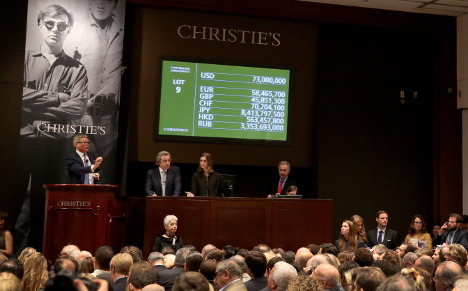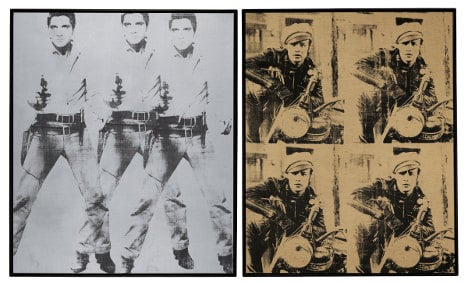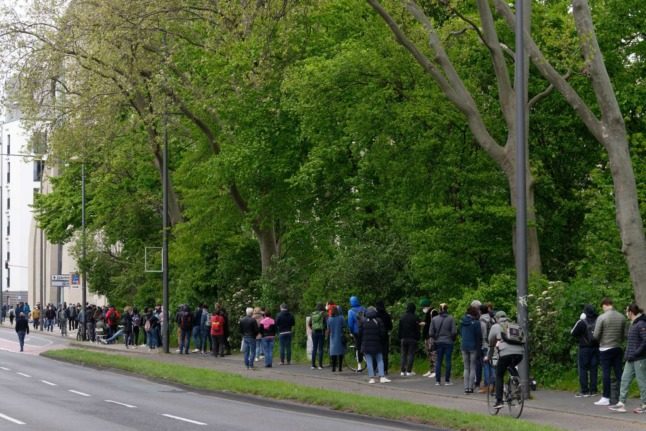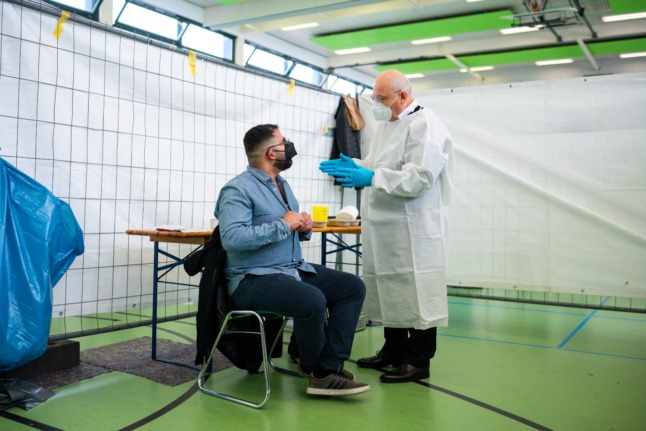Casino business Westspiel, which is owned by state bank NRW.Bank, sold the two Warhols, "Triple Elvis" and "Four Marlons" to anonymous bidders at Christie's in New York on Wednesday evening.
The total for the two pictures at $152 million (€120 million) was €8 million more than the bank's target price – and made the original cost of 388,000 Deutsch Marks (around €740,000 at 2014's prices) look like pocket change.
The two artworks show repeated images of Elvis Presley and Marlon Brando taken from movie stills.
The "Triple Elvis" is one of twelve created by the artist, while just two of the Marlon Brando prints were made.
They were sold for $82 million and $70 million respectively – still somewhat short of the all-time record for a Warhol set in 2013, when "Silver Car Crash" was sold for $105 million (€84 million).

Westspiel said it was „very happy“ with the sale price, which would allow it to "properly fulfil its public tasks in the future" and end its dependence on taxpayer support.
More than €80 million will go towards the financial restructuring of the bank and the construction of a new casino in Cologne.
A 'black day' for culture?
But the German Culture Council, which represents more than 200 cultural associations, called the auction a "black day" for art.
"North Rhine-Westphalia has done us a disservice," Culture Council director Olaf Zimmerman said on Thursday.
"Now Pandora's box has been opened. We're worried that now other communes or states in difficulty could follow this example."
North Rhine-Westphalia finance minister Norbert Walter-Borjans said that the rest of the money would go towards "the public good", although he could not confirm whether it would be spent on supporting the arts.
He said that taxpayers could be happy that "the North Rhine-Westphalia state won't sell anything from its museum, and neither will communes."
Walter-Borjans overcame resistance from many in North-Rhine Westphalia to the sale, including Culture Minister Monika Grütters.
26 state museum directors wrote in an open letter in October that "a precedent is being created that communes, publicly-owned companies and the future might follow.
"Public property and museum property would no longer be safe."
A Westspiel spokesman countered that none of the museums in North Rhine-Westphalia had asked to borrow the works in decades.
They had been exhibited on loan or in touring retrospectives outside the state in recent years.





 Please whitelist us to continue reading.
Please whitelist us to continue reading.
Member comments